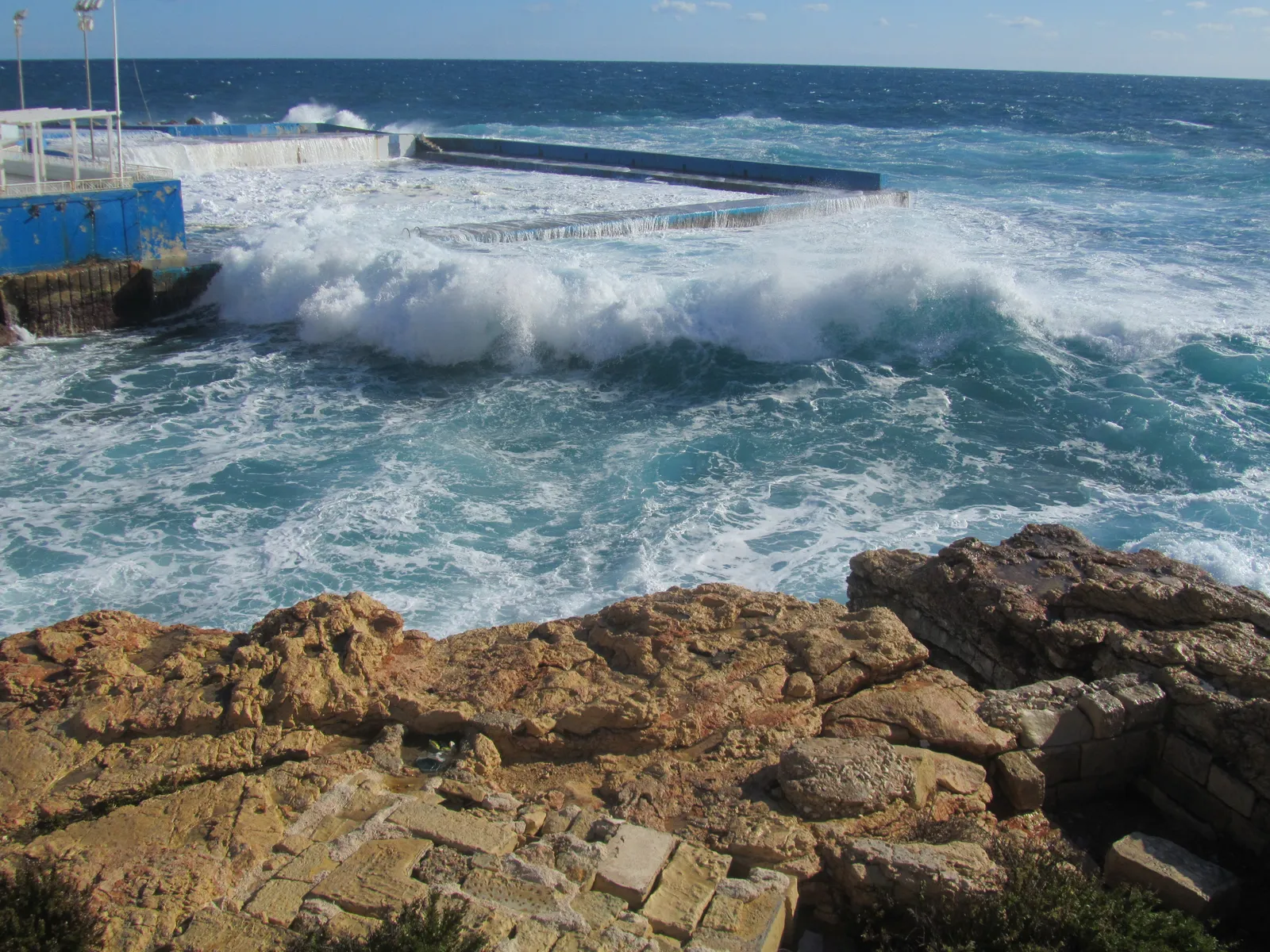Pollution of Malta's Beaches
Challenges and Environmental Impacts
Malta, with its stunning Mediterranean coastline, is renowned for its picturesque beaches, crystal-clear waters, and vibrant marine life. However, like many coastal regions worldwide, Malta is grappling with the issue of beach pollution, which threatens its natural beauty, biodiversity, and the health of its residents and visitors. This document explores the causes, impacts, and potential solutions to the pollution of Malta's beaches.
Causes of Pollution
Litter and Waste Disposal
One of the most visible forms of pollution on Malta’s beaches is litter. Improper disposal of plastic bottles, food wrappers, cigarette butts, and other waste has become a common sight on popular beaches. The influx of tourists during peak seasons exacerbates this issue, as overcrowding often leads to an increase in waste generation.
Marine Debris
Marine debris, including discarded fishing nets, plastic fragments, and industrial waste, washes up on Malta's shores. Much of this originates from maritime activities in the Mediterranean, where shipping, fishing, and tourism contribute to the pollution that affects Malta’s coastal ecosystems.
Water Pollution
Runoff from agricultural activities, urban areas, and untreated sewage poses a significant threat to the quality of Malta's coastal waters. Chemicals such as fertilizers and pesticides, along with oils and heavy metals, enter the sea through various channels, contaminating the water and harming marine life.
Construction and Coastal Development
The development of infrastructure, including resorts, hotels, and leisure facilities, has led to habitat destruction and increased pollution levels. Construction activities often result in sediment runoff and the release of pollutants into the sea, affecting both water quality and biodiversity.
Environmental and Societal Impacts
Threats to Marine Life
Pollution poses a severe risk to Malta's marine ecosystems. Plastic and other debris can harm marine creatures, such as turtles, fish, and seabirds, through ingestion or entanglement. Toxic chemicals in the water can disrupt their reproductive systems and lead to a decline in populations.
Loss of Biodiversity
The degradation of natural habitats due to pollution and coastal development has resulted in a loss of biodiversity. Coral reefs, seagrass beds, and other essential ecosystems are under threat, diminishing the region’s ecological richness.
Health Hazards
Polluted beaches can pose health risks to humans. Contaminated water may lead to skin infections, gastrointestinal illnesses, and other health issues for swimmers and beachgoers. Additionally, the accumulation of waste can attract pests and spread diseases.
Economic Consequences
Malta’s economy relies heavily on tourism, particularly its beach destinations. Pollution diminishes the appeal of these locations, potentially leading to a decline in tourist numbers and revenue. Furthermore, the costs of cleaning up beaches and mitigating pollution add financial strain to the government and local communities.
Solutions and Initiatives
Education and Awareness Campaigns
Raising awareness among tourists, residents, and businesses about the importance of preserving Malta’s beaches is crucial. Campaigns that promote responsible waste disposal, recycling, and sustainable practices can lead to behavioral changes and reduce pollution.
Improved Waste Management
Implementing efficient waste collection systems and increasing the availability of recycling bins at beach locations can help tackle the litter problem. Regular clean-up activities, involving volunteers and local organizations, can also make a significant difference.
Regulation and Enforcement
Stronger regulations to control industrial discharge, maritime activities, and coastal development are essential. Enforcing existing laws and imposing penalties on violators can ensure compliance and prevent harmful practices.
Technological Innovations
Adopting advanced technologies, such as water filtration systems, floating debris barriers, and biodegradable materials, can help mitigate pollution effectively. Research and investment in eco-friendly solutions should be prioritized.
Community Engagement
Involving local communities in conservation efforts can foster a sense of ownership and responsibility. Initiatives such as beach adoption programs, where groups take charge of maintaining specific areas, can empower citizens to contribute actively to preserving Malta’s beaches.
Conclusion
The pollution of Malta’s beaches is a multifaceted issue that requires collective action from individuals, businesses, and the government. By addressing the root causes and implementing sustainable solutions, Malta can preserve its coastal beauty and ensure the health and well-being of its marine life and people. Protecting these treasured natural assets is not just an environmental necessity but also a cultural and economic imperative for the island nation.

Impact of waves on shore development